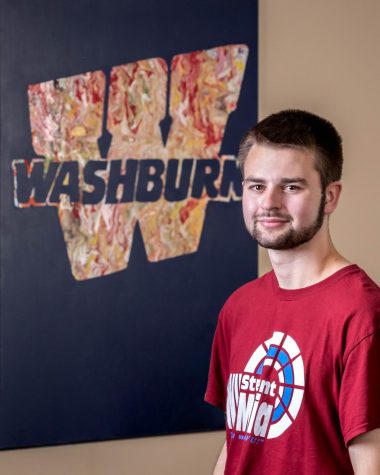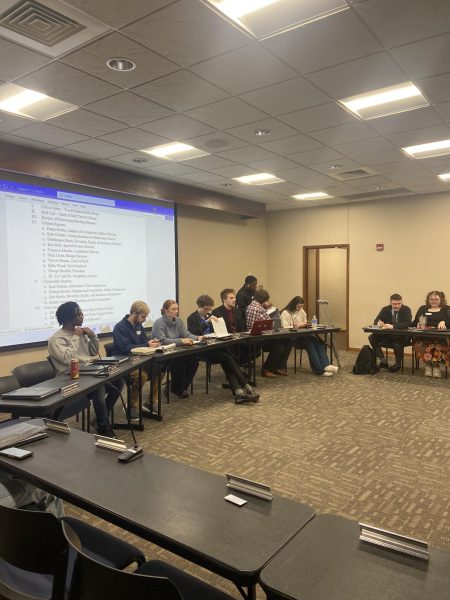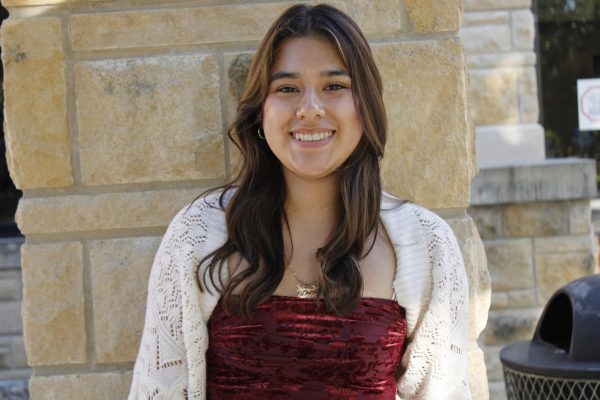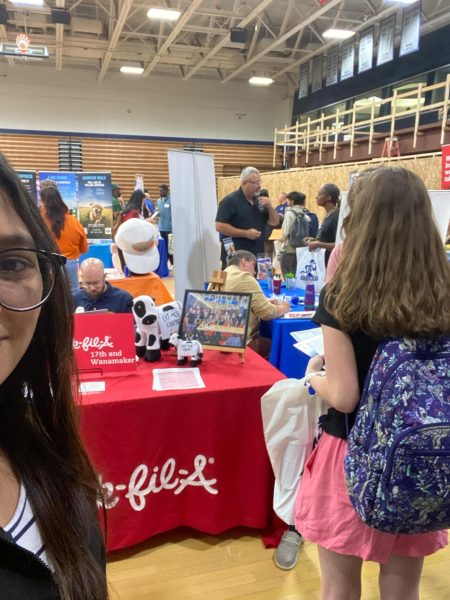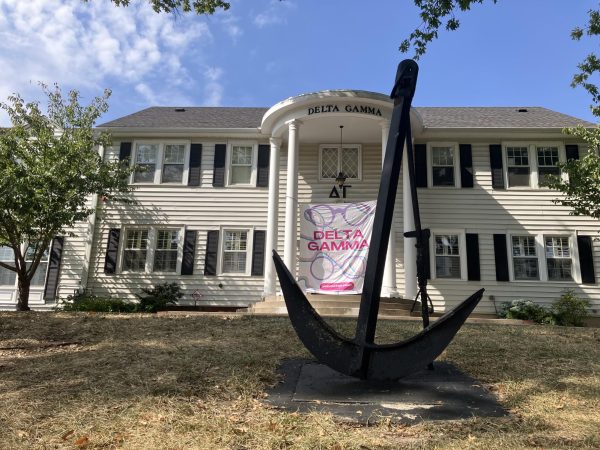New minors program teaches students about race, power & privilege
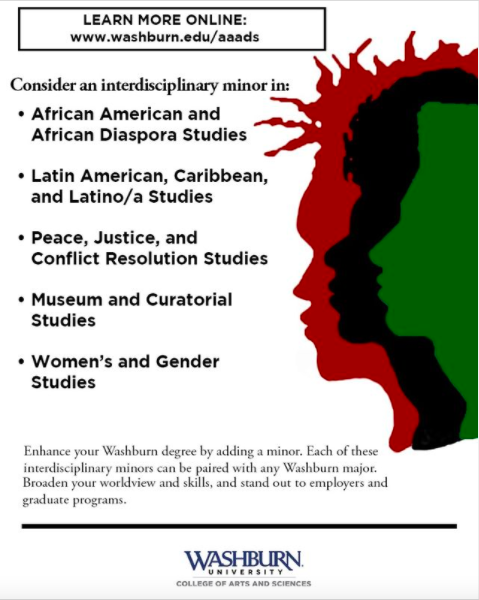
Courtesy of @WUAAADS on Instragram
Consider this minor: Washburn is offering students the opportunity to minor in the following studies.
Opportunity is important, it is a gateway to pursue ideas, solve problems and much more. Without an opportunity there can not be progress. For students at Washburn University, a new opportunity has presented itself, an opportunity to minor in a program designed around the history of the African diaspora.
The official title of the program, which was added in the fall of 2020 is African American & African Diaspora Studies, or AAADS. The requirements to complete the program are typical for a minor, 15 credit hours with at least six in upper divisions, but the content covered is a mix of old and new that, when combined, create one of the more unique minor programs that Washburn has to offer.
Mary Sundal is a professor and chair of sociology/anthropology at Washburn, and she is also the director of the program. She is a part of and worked with the academic diversity and inclusion committee to create each aspect of the program.
“We (the academic diversity and inclusion committee) did a thorough search of the catalog and then we reached out to department chairs to see how frequently they would offer the courses,” said Sundal.
The timing of the creation of the minor is not a coincidence, rather something that Sundal believed was necessary to have as soon as possible.
“There is just so much stuff going on in the Black Lives Matter movement that it does need to be addressed in our curriculum,” said Sundal.
While making the changes, the committee found areas where Washburn was lacking courses that cover topics that are essential to the minor, resulting in new opportunities as ways to address them.
“We realized that there was a pretty big hole, and the hole was fulfilled with a new course we developed,” said Sundal.
The new course is called AD 200: Introduction to Critical Race and Ethnic Studies, and when it was added it became the only required course that each student in the program must take. The course is currently expected to only be offered in the spring semester.
“I absolutely love the course, it’s all the things I wanted to learn but didn’t have an academic way to do it,” said Chelsea Armstrong, a senior majoring in psychology who took the class last semester.
With the course being new, the exact content and delivery of the information was not as set in stone as other courses might be. Armstrong has still been pleased, and values the representation and discussions the course leads to, but ultimately hopes that the program is a beginning instead of an end.
“This course gives us a great history on race in the United States and also kind of shows us what we can do and what people are thinking of doing moving forward,” said Armstrong. “I’d love to see a course specifically with racial disparities in healthcare because I think that is an important topic.”
Fortunately for the program, because of its focus on learning through the prism of the race, the Office of Diversity and Inclusion has supported its creation as well as tried to get the word out about it around the university.
“It is a step towards having a full-fledged department that has scholars who are doing research, and are focused on these questions of identity and race and gender,” said Director of Diversity and Inclusion, Danielle Dempsey-Swopes. “Until we get there, this is a good start.”
Your donation will support the student journalists of Washburn University. Your contribution will allow us to purchase equipment and cover our annual website hosting costs.
